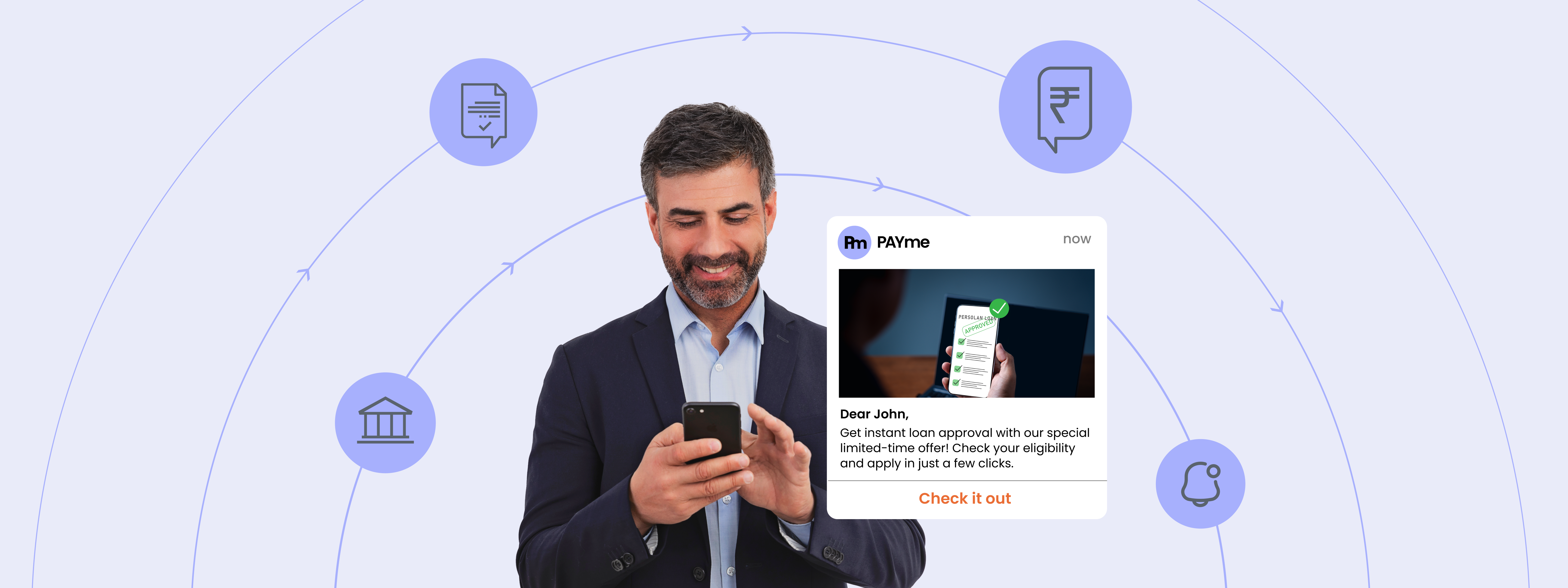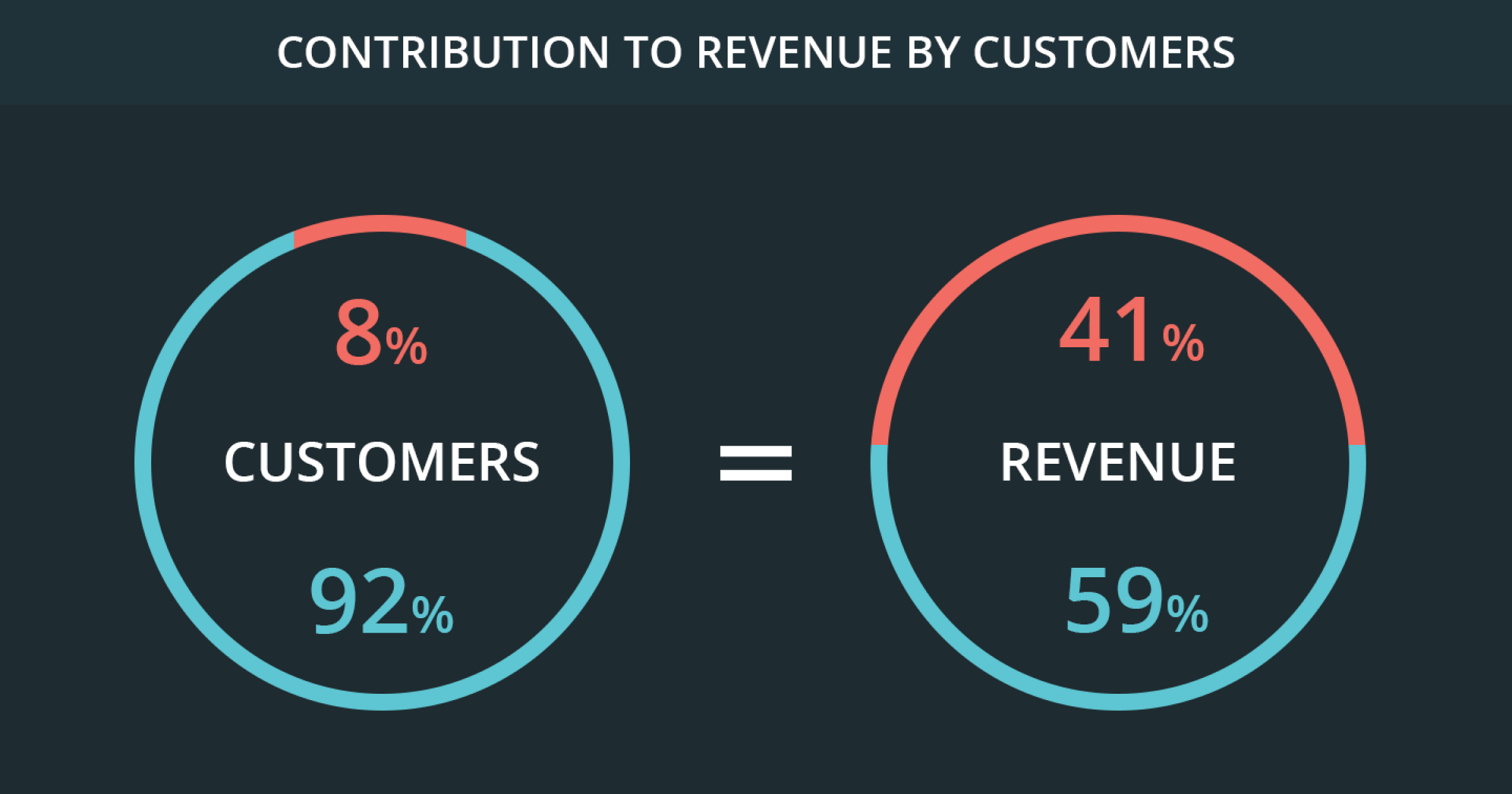
Let this statistic open your eyes: B2B eCommerce experiences the lowest conversion rates according to statistics by Ruler Analytics, at a mere 1.8%. Imagine a bad customer retention strategy on top of low conversion rates – it would be a disaster for an eCommerce business.
Customer retention is a challenge in B2C businesses typically because you need your customers to come back and keep shopping with you for your business to break even. Customer retention is the most effective way to achieve that.
This translates into a world of profitability, which Marketing Cloud Salesforce can help you capitalize on.
Read on to explore how!
What is a Marketing Cloud?
The Marketing cloud enables cross-channel marketing across user-lifecycle stages by giving marketers a 360-degree view of their users. This comprehensive platform merges the benefits of a Data Management Platform and CRM (both marketing and sales).
Here’s a snapshot from Google Trends substantiating the high level of interest in ‘Marketing Cloud.’ Note that the interest in ‘Marketing Cloud’ is higher than the buzz term of one-time ‘Marketing Automation.’
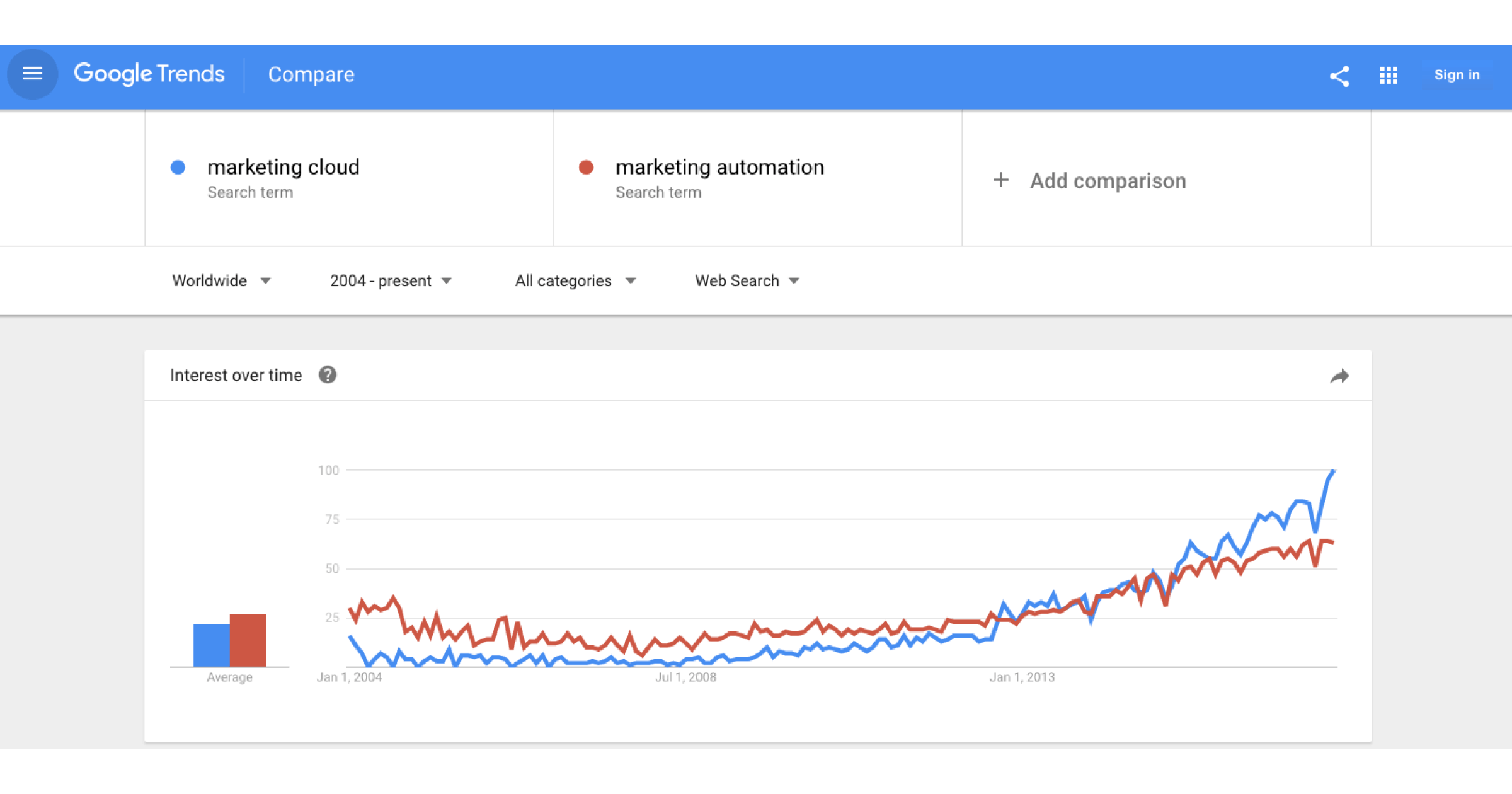
The components of Marketing Cloud:
Data management platform
- A DMP, in the Marketing Cloud context, stores both first and third-party data related to user persona and behavior. It allows marketers to create micro-segments & analyse user’s actions across multiple channels/devices.
Campaign management System
- A campaign management system provides a user-friendly dashboard that allows business/marketing leaders to see vital data and identify the key outcomes of various marketing efforts.
Campaign Testing and Optimization
- Optimizing the campaigns with A/B testing, multivariate testing using control groups and setting conversion goals.
Cross-channel Marketing Automation
- Orchestrate truly automated cross-channel marketing campaigns to reach the customer using the right channels at opportune times.
Personalization Engine
- Makes use of user behavior, user profile data to individualize the communication for each user.
Business Intelligence/Reporting
- Post-campaign analysis and reporting that measures ROI, effectiveness, and impact of marketing on business metrics.
Predictive Analytics
- Uses many techniques from data mining, statistics, modeling, machine learning, and artificial intelligence to analyze current data to make predictions about the future.
Channels:
- Web
- Social
- Mobile
Benefits of Marketing Cloud
Being the feature-rich platform that Marketing Cloud is, you can leverage it for performing several tasks, for example:
- Automating your email and other marketing campaigns.
- Generating marketing analytics of your customer.
- Real-time customer engagements.
- Social media listening, advertising, and more.
With these capabilities already in the bag, there are several other advantages of using Marketing Cloud for B2C businesses:
1. Crafting Customer Journeys
For a B2C business, creating impactful, memorable, and smooth customer journeys can make or break a deal. Marketing Cloud has a Journey Builder tool that lets you design customer journeys and automate your campaigns within a few clicks. You can optimize your marketing campaigns across all the channels and touchpoints from a unified interface.
2. Delivering The Best Marketing Campaigns
Another benefit of Marketing Cloud comes through its dynamic components for marketing campaigns. It allows you to personalize emails and create web personalization to address a specific target audience.
Using dynamic content, you can leverage attributes to create mail and message personalization for cohorts.
3. Understanding Customer Base Better
Salesforce Marketing Cloud can be conveniently integrated into your CRM systems, allowing you to inform your campaigns with targeted cohort or customer information.
4. Data Analysis
Marketing Cloud comes equipped with robust reporting features and tools like pivot tables that let you perform data analysis effortlessly. Features like Analytics Builder, reports, Google Analytics Integrations, Einstein AI for marketing, Audience Studio and Data studio help you gain visibility into the performance of the campaigns through tracking key metrics.
5. Cross-channel and cross-functional marketing campaigns
A strong marketing strategy involves working with a multitude of channels where consumers can be reached in real-time. The Marketing Cloud platform allows you to create hyper-personalized campaigns that are cross-channel compatible, using Journey Builder tools. You can deliver a seamless brand experience to your customers in this way.
6. Efficient Data Management
Salesforce Marketing Cloud allows you to keep an inventory of data extensions, retrieve tracking data, query your Marketing Cloud database, view subscriber information using Data Views feature, and many more capabilities that allow you to manage your customer data well.
You can plug this module into your CRM to pull the customer information and work with that for marketing campaigns.
Challenges in implementing Customer Retention Strategies
With the available market tools, marketers start to think about campaigns as a single, isolated campaign. It happens because marketers use various tools to engage with customers over different channels. There’s a tool to send Text, another for Email, and some other for Push Notifications. Invariably, by using so many tools, marketers limit themselves to optimizing standalone campaigns. There’s no birdseye view that lets them envisage campaigns for a customer lifecycle. What’s required is for them to think in terms of customer lifecycle campaigns.
From acquiring a customer to retaining them till D-90, the messaging is different. Thus, the larger aim should be to devise a strategy to cater to different kinds of needs as per the customer lifecycle.
Marketers need to shift focus from optimizing standalone campaigns to strategizing campaigns across the customer lifecycle.
In today’s multi-device, omnichannel, hyper-connected setup, marketing can not be done in silos, and if approached in such a manner, it is bound to be ineffective.
Approaching marketing in silos directly contains your ability to:
- Challenge#1: Personalize the communication
- Challenge#2: Use data to render targeted communication
- Challenge#3: Avoid communication overlap (incoherent communication over different channels)
- Challenge#4: Measure the effectiveness of your marketing spend
- Challenge#5: Scale marketing as business grows
How Marketing Cloud helps overcome these challenges
#1 Bespoke communication that retains customers:
Personalization is the backbone of marketing in the digital age. Given the right set of tools, you can make use of data to deliver a one-to-one, individualized experience to customers. More on personalization in the last section.
#2 Better use of Data to run Targeted campaigns:
With data in one place, running targeted campaigns becomes effortless as compared to doing it using multiple tools. Marketing Cloud platforms not only ingest data from other sources but also use cross-channel campaign data to operationalize communication further.
User profile data & attributes:
Basic attributes like
first name, last name, gender,etc., and any other attribute stored in the user profile.
Read more.
Behavior data & attributes:
Events likeapp installed, product viewed, added to cart, purchase done, insurance renewal completed, etc. and all the attributes passed for these events.
Read more.
Lifecycle (Customer Journey) events:
Events likesignup completed, order completed,etc. occurring across the customer journey.
3rd Party API Data:
Integrating and using the data fetched from 3rd party sources like CRM, Data Warehouse, etc.
An on-demand service company used data based insights from Marketing Cloud to boost user retention metrics by 10%.
#3 Delivering Coherent Communication in a Multichannel setup:
Enter Marketing Cloud, rendering seamless marketing communication is effective with cross-channel campaign orchestration, data management, journey builder, unified reporting, and analysis.
The problem of incoherent communication is addressed by using one tool instead of many standalone marketing tools.
Imagine this common pitfall of marketing in silos → a customer receiving the same communication over different channels after already acting on it. In the multi-channel setup, you send the same offer to a customer over different channels. The customer interacts with one of them, and acts accordingly to complete the goal but still receives the same communication over other channels. An integrated marketing suite keeps such possibility in check.
#4 Increased accountability of marketing spend:
Tracking user behavior across critical touchpoints gives you a holistic view of user behavior and responsiveness to communication throughout the customer lifecycle.Similar to Google Analytics’ Goals and Conversions, Marketing Cloud provides for tracking of success metrics at the campaign level. It allows marketers to keep tabs on what’s working and what’s not.
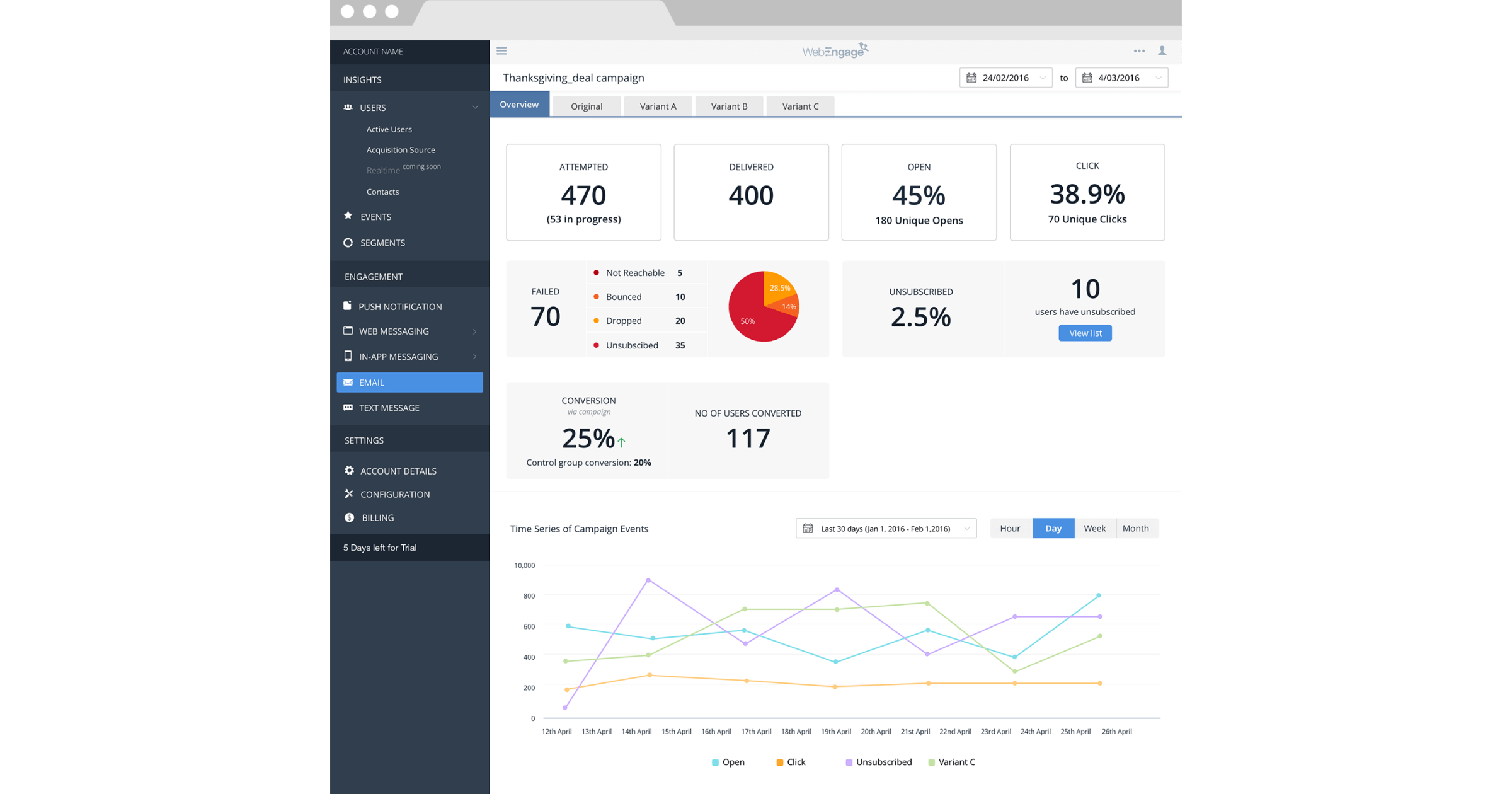
Moreover, less work and more impact translate into increased marketing efficiency. Setting up workflows and automating the communication triggered by user behavior saves a lot of effort and time from manually setting up campaigns.
#5 Easily scale marketing vis-a-vis business growth:
Cloud-based systems come with the inherent advantage of easy scalability as per usage requirements. It is no different for Marketing Cloud.
It is noteworthy to mention the expectations and benefits marketers seek from integrated marketing suits.
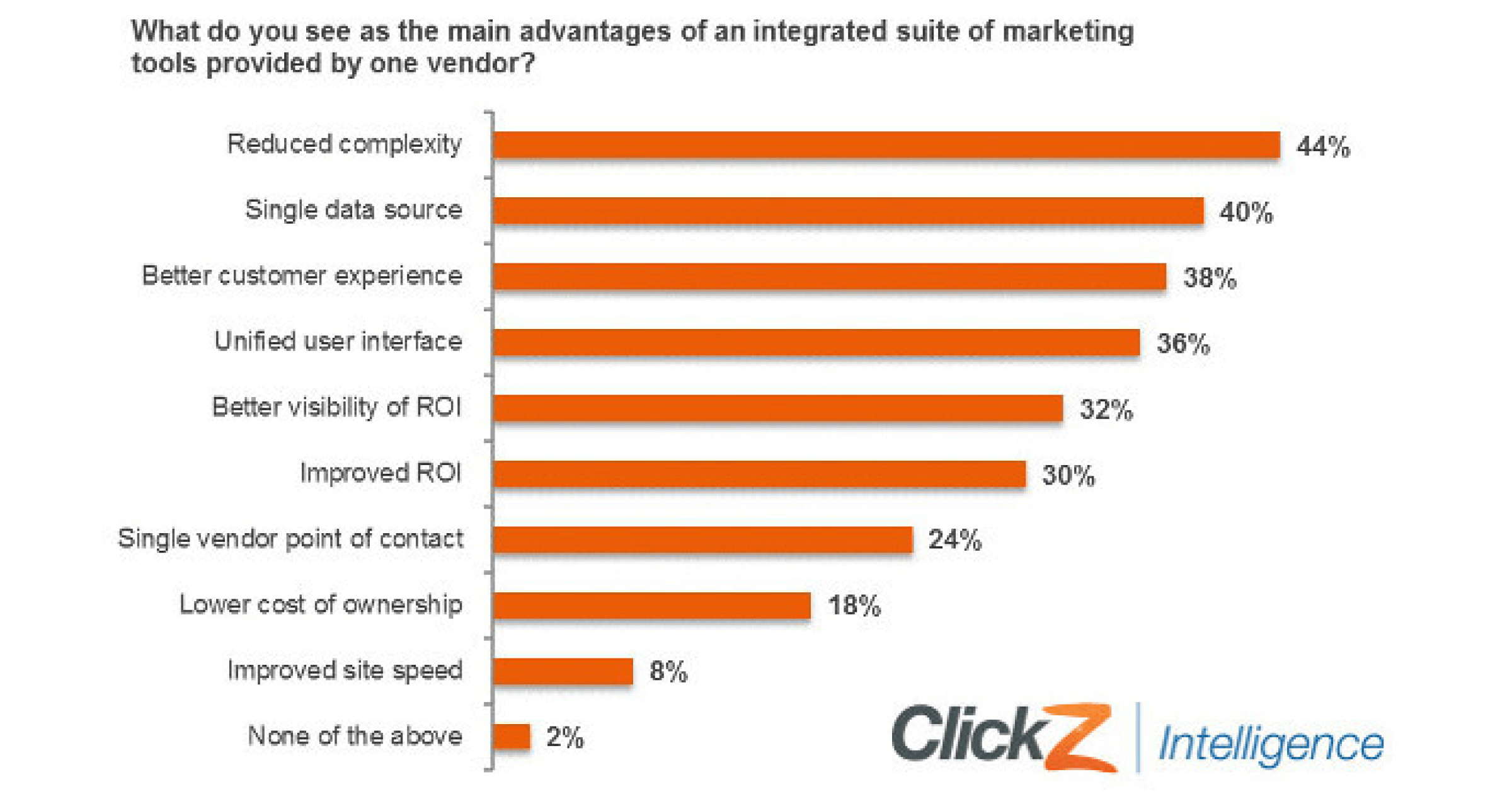
The Possibilities
Several stellar examples demonstrate clearly what the Marketing Cloud can do for a B2C organization with its capabilities. One ideal example is a subscription-based content mobile application, like a magazine, newsletter, or maybe a newspaper. The business model works on recurring purchases of the paid subscription – whether monthly or annually, ideally for the long term.
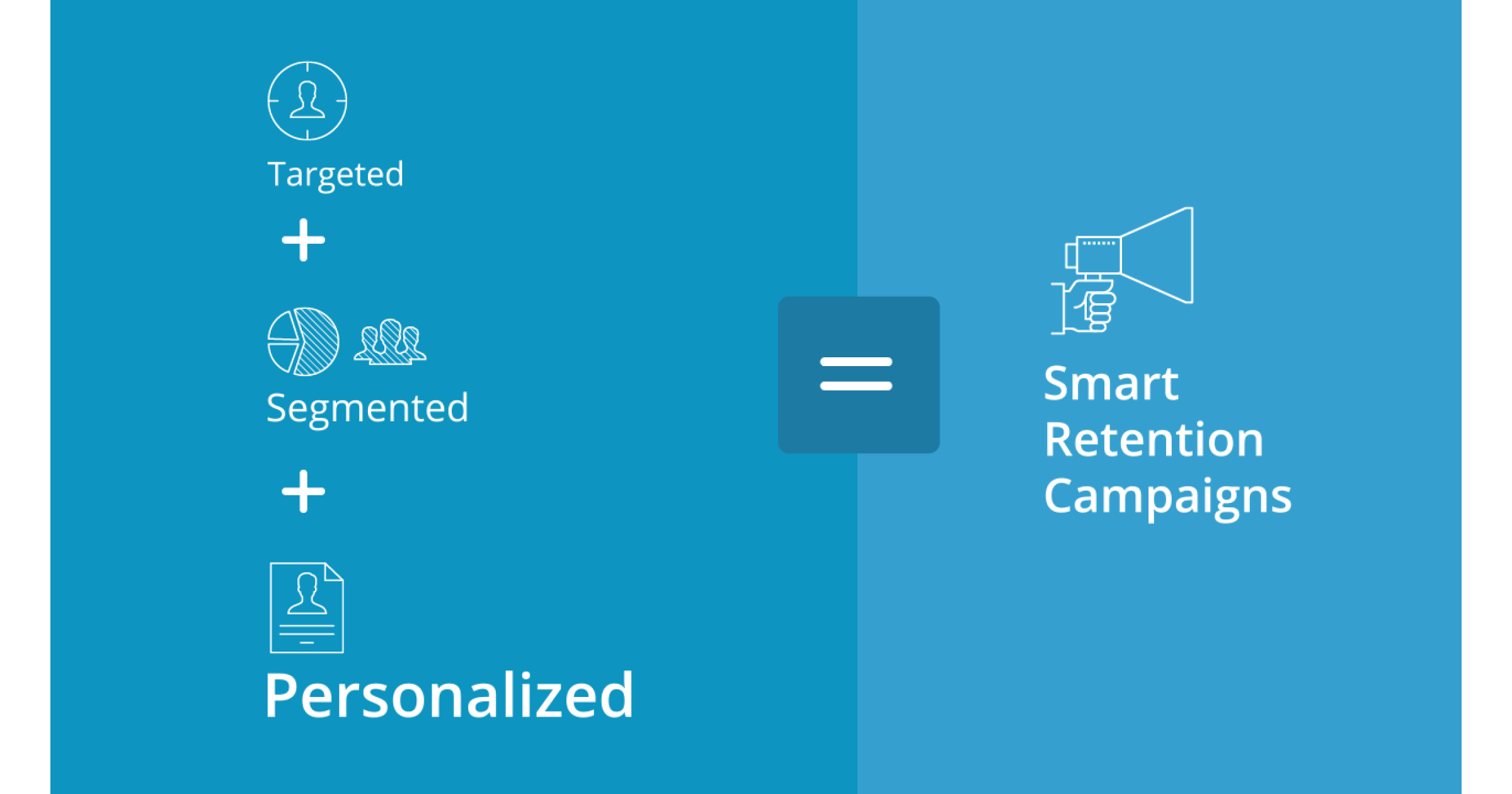
What are the metrics to be tracked for such an app? Responses like site visits, time spent on a page, or pages viewed can be tracked for app usage data collection for each subscriber. Marketing Cloud can help you personalize each experience based on these datasets by providing relevant and dynamic content through the app.
The second instance is an eCommerce application grappling with high cart abandonment rates – Marketing Cloud can quickly help you tackle this problem with its robust features like:
Sending hyper-personalized emails to customers to remind them that the items in their cart are waiting to be checked out.
Event-based triggers can be used to initiate these personalization emails: for example, when a customer quits the app without completing checkout. Campaign Management tools can help set up detailed and customized re-engagement campaigns for the cart abandonment cohort.
There are countless more use cases where Marketing Cloud is pivotal in improving customer retention- you can look forward to this discussion in the coming posts.
FAQs
- What is B2C Marketing Cloud?
B2C Marketing Cloud is a marketing solution by Salesforce that allows marketers to automate their operations across social media, mobile applications, websites and other marketing channels. While it isn’t a core functionality of the Salesforce CRM, it can be easily plugged in using connectors and syncing the data between the two platforms.
This tool can be used effectively for email marketing, content creation, push notifications, and more. - How does B2C Marketing Cloud help improve retention?
The B2C Marketing Cloud solution helps marketers tailor their marketing content specifically for a segmented target audience, helping them achieve better personalization. It has tools which marketers can use to parse customer data and run highly targeted campaigns, even in a multichannel setup.
With Marketing Cloud, marketers can integrate their communications for multichannel strategies, reducing redundancy.
All these factors help improve customer retention. - What are some features of a B2C Marketing Cloud that help with retention?
Some of the features that Marketing Cloud provides to help boost customer retention are:- Cross-channel campaign orchestration
- Data management
- Journey builder
- Analytical features
- Unified reporting
- Tracking of success metrics
- Easy scalability according to marketing operations
- Third-party API data to help with personalization
B2C Marketing Cloud is a tremendously capable tool businesses can use to polish their marketing strategy.
- What are some benefits of using B2C Marketing Cloud?
B2C Marketing Cloud provides several benefits that allow marketers to improve customer retention and average order values:
It helps you optimize customer journeys from end to end.
It helps you expand your marketing to new channels.
With the help of channel unification and reporting, you get a better picture of your marketing campaigns.
You can also reach your customers directly in real-time.




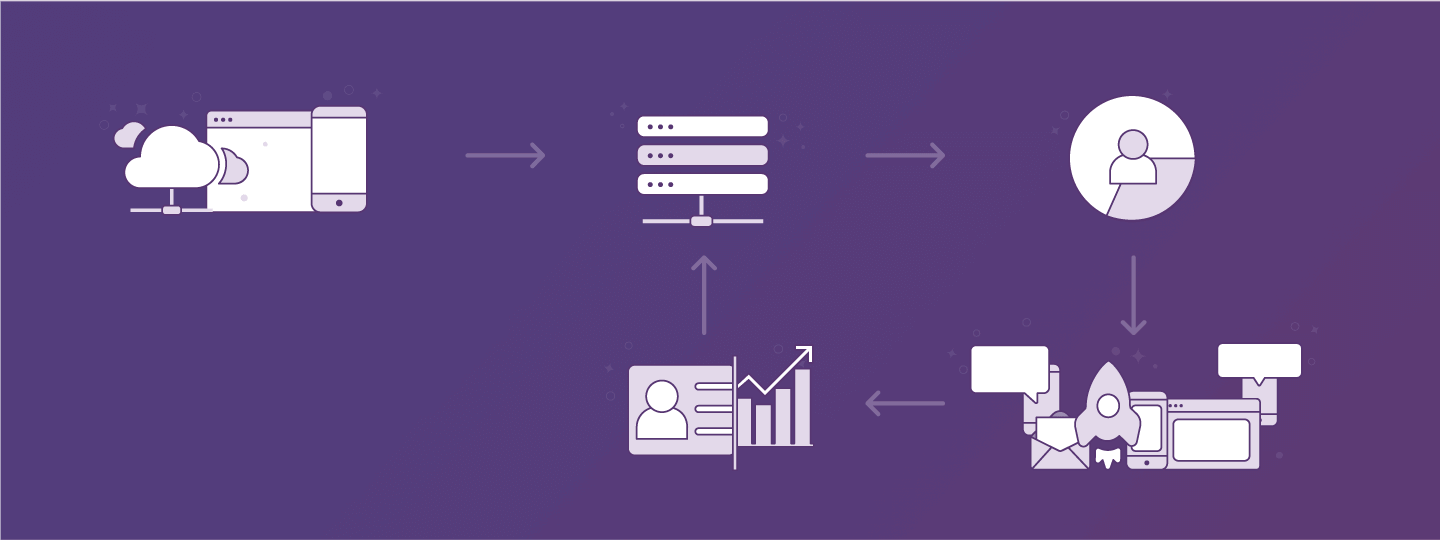

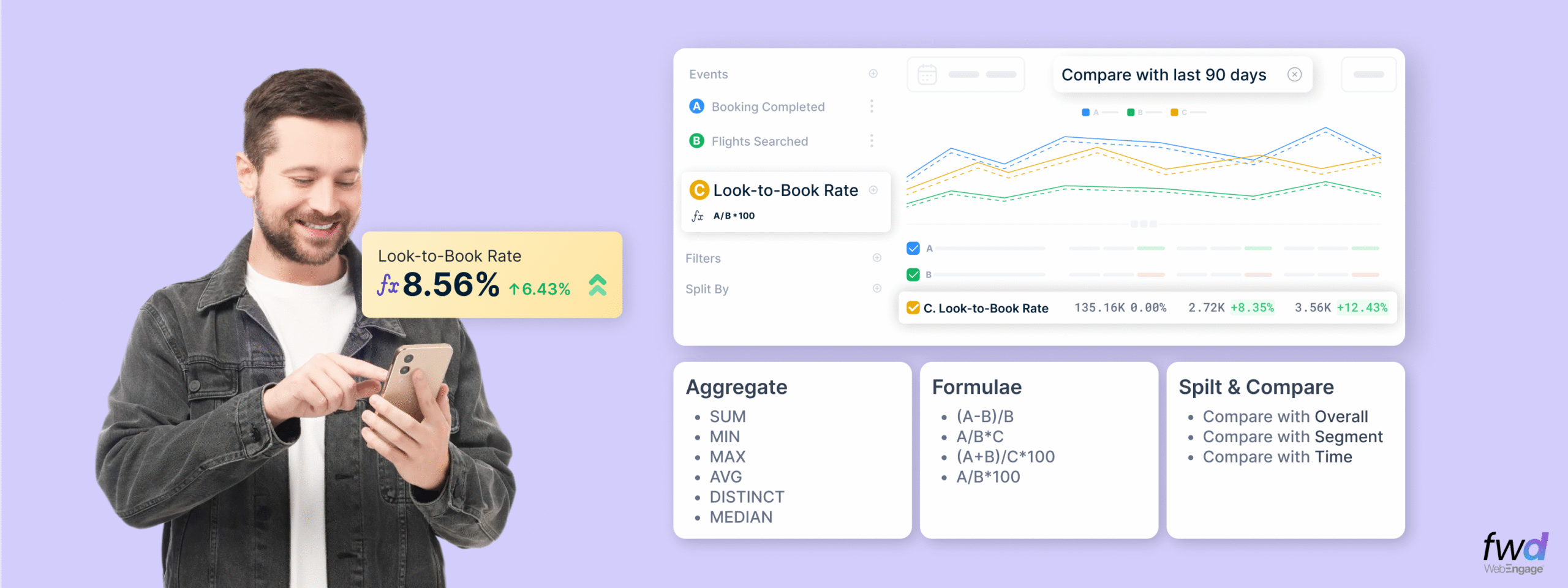
 Amit Shinde
Amit Shinde
 Harshita Lal
Harshita Lal
 Inioluwa Ademuwagun
Inioluwa Ademuwagun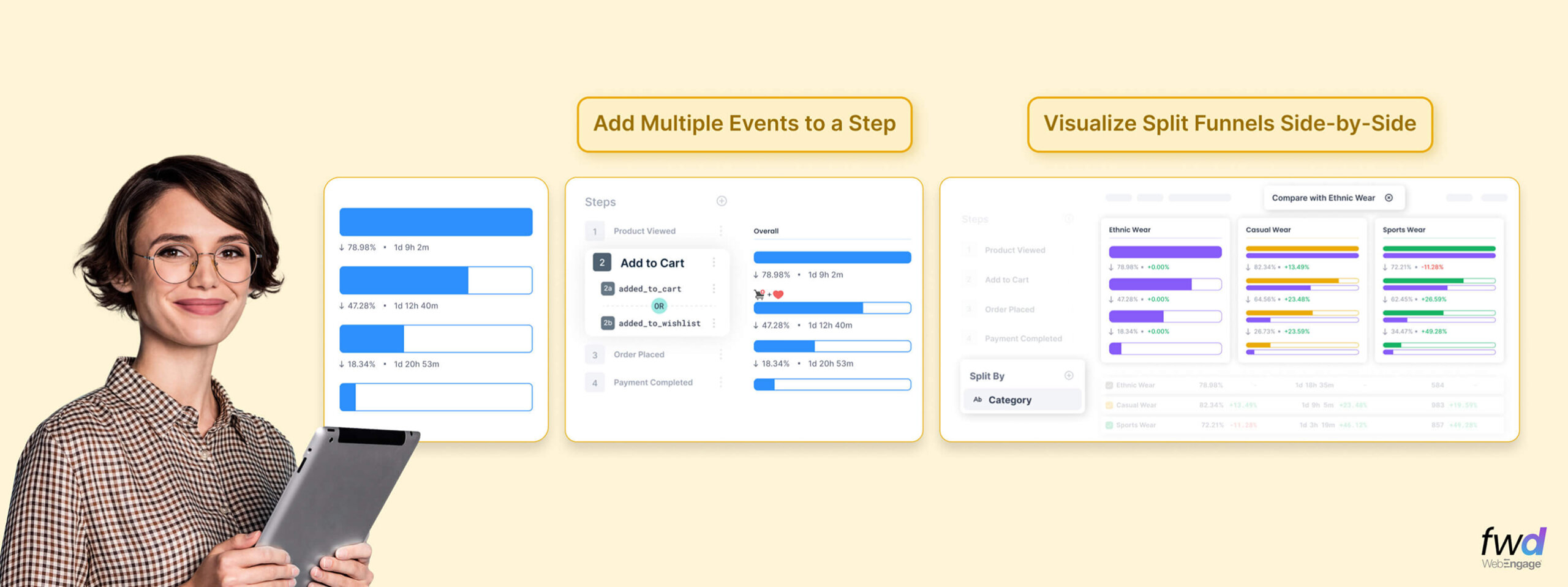
 Manoj Chawda
Manoj Chawda